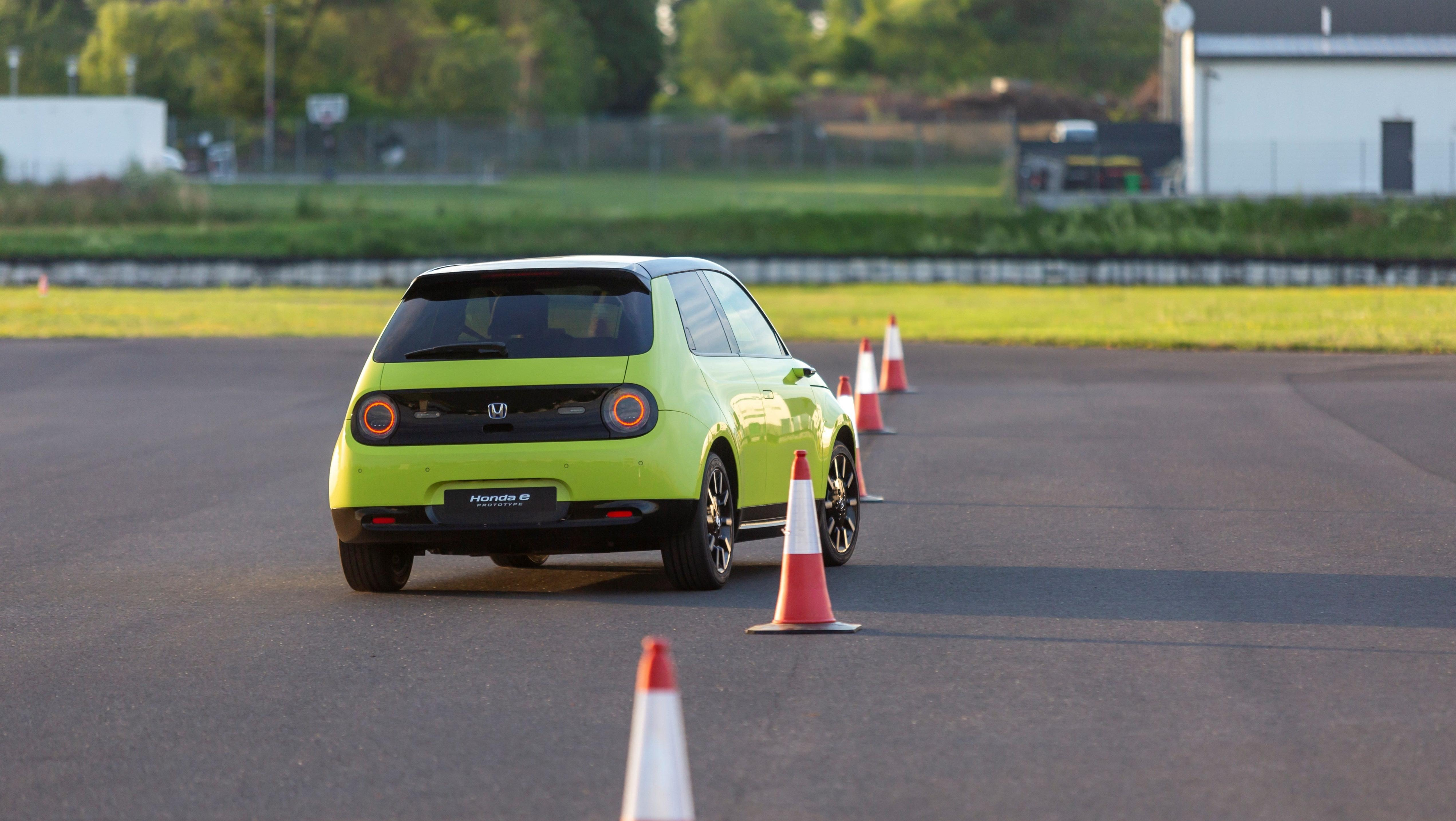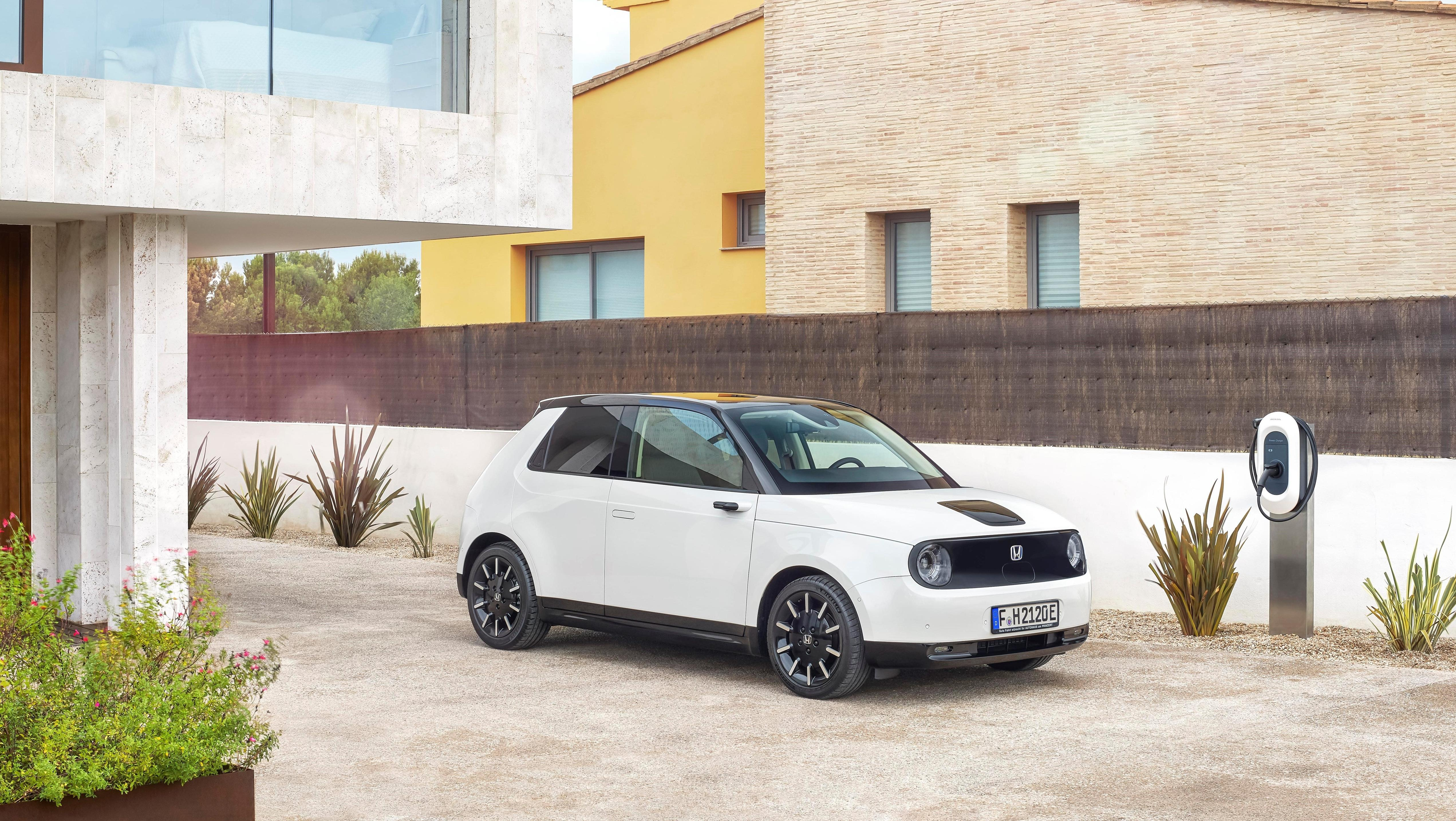Honda Doesn't Think Americans Are Interested In EVs
A company representative called the current EV market "out of whack"
EV sales in the U.S. are a small market segment, but one that's growing quickly. Just 4% of new cars sold here are electric, but their market share is growing 28 percent every year. That growth rate is slower than China or Europe, but faster than the overall auto sales market in the U.S. — slow and steady wins the race, right?
Honda, apparently, thinks otherwise. Rather than going all-in on EVs like Ford or GM, the company is openly wondering if Americans actually have any interest in electric vehicles. From Automotive News:
"We've told our Honda dealers that initially this is going to be very regional" for EV sales, Dave Gardner, executive vice president of Honda's U.S. subsidiary, said at a briefing. "What is the consumer uptake? Right now, I think that's something that's a little out of whack" with automakers' efforts to rush EVs to market, he said.
That cautious assessment comes amid an all-EV push by many rival automakers and just days after a Ford Motor Co. executive said EVs could grow to 10 percent of the U.S. market this year.

With that 4% market share, it's not hard to see where Honda's coming from. Look deeper, though, and the problem isn't electrification itself — it's cost and infrastructure. Pricing, in particular, is the single biggest barrier to entry for car buyers interested in going electric: Right now, 38 percent of buyers would consider an EV within the next 12 months. A theoretical EV that costs just $5,000 less than a comparable ICE vehicle, though, brings that number up to 71 percent.
Building an EV that's cheaper than a comparable ICE vehicle is easier said than done, but not out of the question in the relatively near future — especially when another automotive giant is helping to shoulder the costs. Until the U.S. invests more heavily in electric infrastructure, however, the question remains open: Is Honda's cautious toe-dipping the right move on electrification, or will the ever-increasing threat of climate change push more buyers into EVs — and prove Ford and GM right?
